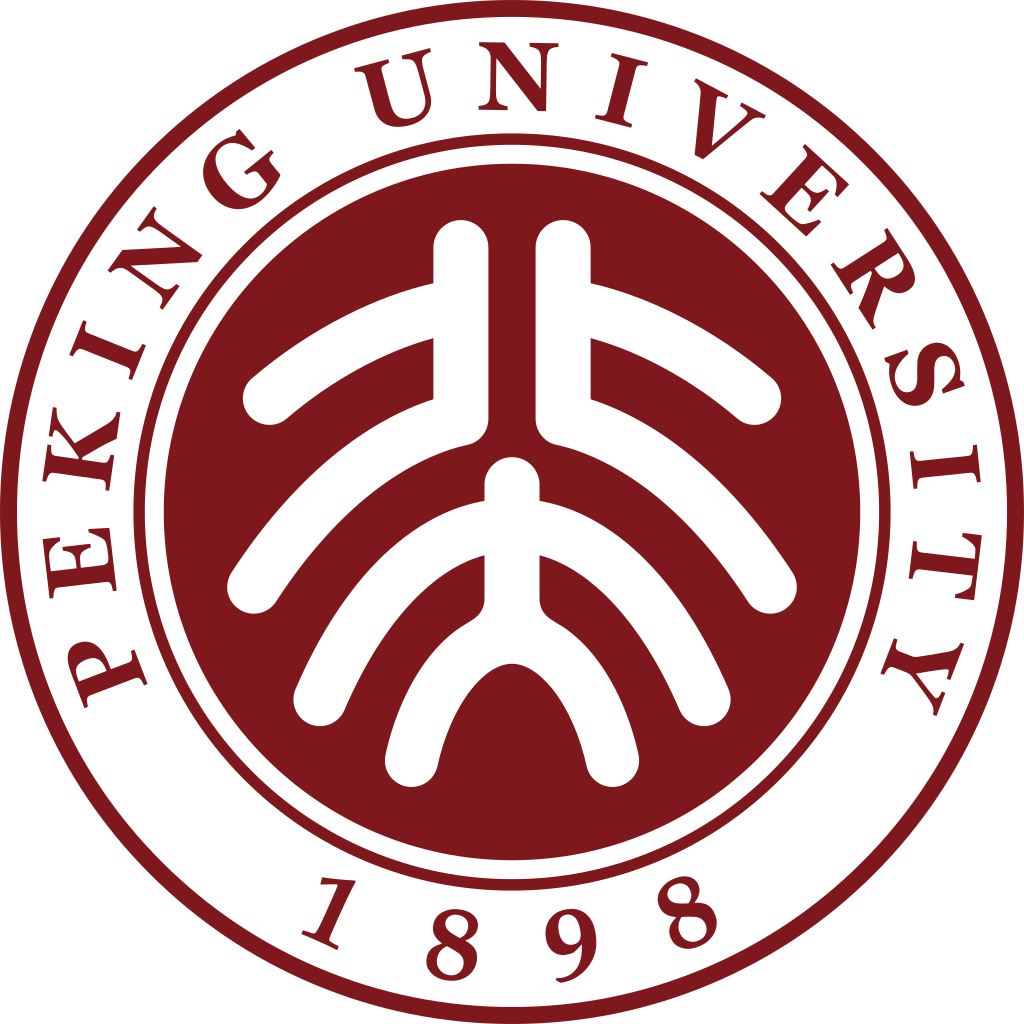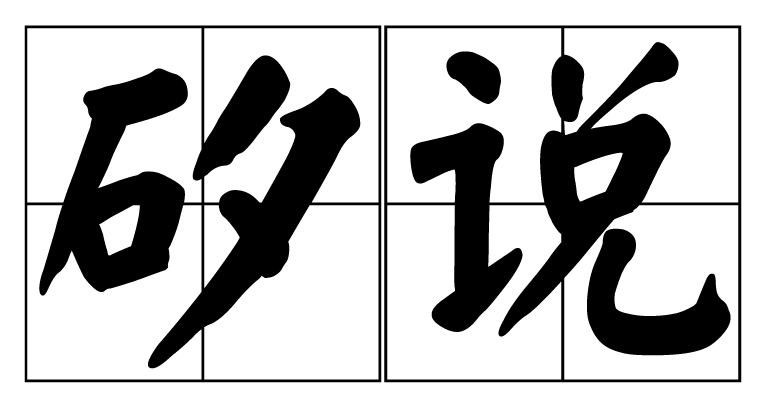Workshop on IC Advances in China
ICAC 2025
March 25-28, 2025
Shenzhen, China
March 25-28, 2025
Shenzhen, China
The goal of the ICAC Workshop is to build a platform for the academia and industry people in China to have more open technical discussions, and to generate possible collaborations, and to brainstorm new ideas and directions. Therefore, we are gathering the top Chinese IC design scholars/engineers who published ISSCC and/or JSSC in the past one year, and try to attract more attendees from the IC industry.
We hope the workshop speakers and audiences produce chemical reactions, as well as electrical resonances as our logo shows. To this end, language should not be a problem. This workshop uses both Chinese and English. This workshop does not publish papers, and the oral speakers are by invitation only.
In Alphabetical Order of Last Name...
Hong Chen, Tsinghua University
Mingyi Chen, Shanghai Jiao Tong University
Qiujin Chen, University of Macau
Yong Chen, Tsinghua University
Zhe Chen, Southeast University
Zhiyuan Chen, Fudan University
Zhixing Chen, University of Macau
Zhuojun Chen, Hunan University
Lin Cheng, University of Science and Technology of China
Weiwei Shan, Southeast University
Wei Deng, Tsinghua University
Guangyin Feng, South China University of Technology
Li Gao, South China University of Technology
Xiaoyan Gui, Xi'an Jiaotong University
Jianping Guo, Sun Yat-sen University
Kaizhe Guo, Southeast University
Yajun Ha, Shanghai University of Science and Technology
Zhiliang Hong, Fudan University
Chunxiao Hu, Fudan University
Yuanqi Hu, Beihang University
Junwei Huang, University of Macau
Mo Huang, University of Macau
Tongde Huang, Nanjing University of Science and Technology
Haikun Jia, Tsinghua University
Tianyu Jia, Peking University
Junmin Jiang, Southern University of Science and Technology
Hailong Jiao, Peking University Shenzhen Graduate School
Lu Jie, Tsinghua University
Jiaming Li, University of Macau
Wei Li, Fudan University
Jiaxin Liu, University of Electronic Science and Technology of China
Leibo Liu, Tsinghua University
Liyuan Liu, Institute of Semiconductors, Chinese Academy of Sciences
Yang Liu, Xi'an University of Electronic Science and Technology
Yongpan Liu, Tsinghua University
Xuyang Lu, Shanghai Jiao Tong University
Wengao Lu, Peking University
Yan Lu, Tsinghua University
Deng Luo, National University of Defense Technology
Man-Kay Law, University of Macau
Xun Luo, University of Electronic Science and Technology of China
Yuxuan Luo, Zhejiang University
Kaixue Ma, Tianjin University (Keynote Speaker)
Pui In Mak, University of Macau
Kaiming Nie,Tianjin University
Dongfang Pan,University of Science and Technology of China
Jiangpeng Pan, Chinese University of Hong Kong
Quan Pan, Southern University of Science and Technology
Sining Pan, Tsinghua University
Nan Qi, Institute of Semiconductors, Chinese Academy of Sciences
Huizhen Qian, Xi'an University of Electronic Science and Technology
Pei Qin, South China University of Technology
Hao Qiu, Nanjing University
Wanyuan Qu, Zhejiang University
Linxiao Shen, Peking University
Yi Shen, Xi'an University of Electronic Science and Technology
Yiyang Shu, University of Electronic Science and Technology of China
Xin Si, Southeast University
Fei Song, Xinyi Information Technology (Shanghai) Co., Ltd.
Nan Sun, Tsinghua University
Zhichao Tan, Zhejiang University
Zhong Tang, Hangzhou Wango Technology Co., Ltd.
Zhiguo Tong, University of Macau
Fengbin Tu, Hong Kong University of Science and Technology
Cheng Wang, University of Electronic Science and Technology of China
Hui Wang, Shanghai Jiao Tong University
Keping Wang, Tianjin University
Li Wang,Hong Kong University of Science and Technology
Yang Wang, Tsinghua University
Yuan Wang, Peking University
Zheng Wang, University of Electronic Science and Technology of China
Liang Wu, Chinese University of Hong Kong (Shenzhen)
Zhiming Xiao, Nankai University
Hao Xu, Fudan University
Xiaoyong Xue, Fudan University
Zhongming Xue, Xi'an Jiaotong University
Zhizhan Yang, University of Macau
Bingzheng Yang, University of Electronic Science and Technology of China
Jie Yang, Westlake University
Mengru Yang, Nanjing University of Aeronautics and Astronautics
Shiheng Yang, University of Electronic Science and Technology of China
Yuan Yao, Hong Kong University of Science and Technology
Shouyi Yin, Tsinghua University (Keynote Speaker)
Weihang Yu, University of Macau
Yiming Yu, University of Electronic Science and Technology of China
Bo Zhang, University of Electronic Science and Technology of China (Keynote Speaker)
Feng Zhang, Institute of Microelectronics, Chinese Academy of Sciences
Yulin Zhang, Tsinghua University
Yacong Zhang, Peking University
Yihan Zhang, Hong Kong University of Science and Technology
Zhao Zhang, Institute of Semiconductors, Chinese Academy of Sciences
Zhaobo Zhang, Southern University of Science and Technology
Bo Zhao, Zhejiang University
Dixian Zhao, Southeast University
Guangshu Zhao, University of Macau
Jian Zhao, Shanghai Jiao Tong University
Xiaoteng Zhao, Xi'an University of Electronic Science and Technology
Xuqiang Zheng, Institute of Microelectronics, Chinese Academy of Sciences
Longjie Zhong, Xi'an University of Electronic Science and Technology
Jie Zhou, University of Electronic Science and Technology of China
Haozhe Zhu, Fudan University
In Alphabetical Order of Last Name...
Chixiao Chen, Fudan University
Wei Deng, Tsinghua University
Zhichao Tan, Zhejiang University
Jun Yin, University of Macau
Yan Lu, University of Macau
路延,澳门大学
Chixiao Chen, Fudan University
陈迟晓,复旦大学
Qiang Li, University of Electronic Science and Technology of China
李强,电子科技大学
Nan Sun, Tsinghua University
孙楠,清华大学
Pui-In Mak, University of Macau
麦沛然,澳门大学
Jiawei Xu, Fudan University
徐佳伟,复旦大学
Yongpan Liu, Tsinghua University
刘勇攀,清华大学
Dixian Zhao, Southeast University
赵涤燹,东南大学
Linxiao Shen, Peking University
沈林晓,北京大学
Yihan Zhang, The Hong Kong University of Science and Technology
张奕涵,香港科技大学
Haikun Jia, Tsinghua University
贾海昆,清华大学




In order to further encourage exchanges among students in the field of chip design, ICAC 2025 will set up a student poster session in addition to the invited talks. Students who are interested are welcome to attend and display. The best student poster award will be selected and presented at the conference. Students who participate in the poster session will receive an excellent participation experience.
Poster Submission: https://iconf.young.ac.cn/h9jl9
Poster Template:Click to download
March 26th 18:30-21:00



(On or before Mar. 5, 2025)
(After Mar. 5, 2025)
(After Mar. 24, 2025)







Hetao Shenzhen-Hong Kong Science and Technology Innovation Cooperation Zone
Hua-Xin Technology Center

Semiinsights

Silicon Talks

Chipinsights
Futian Shangri-La, Shenzhen
Address:4088 Yi Tian Road, Futian District, Shenzhen 518048 China
Deluxe Room-1100 CNY/night(With 1 Breakfast),1200 CNY/night(With 2 Breakfast);
Only valid during March 25~28, 2025
Make a reservation

To secure your accommodation, kindly make reservations under the conference name **ICAC2025**. Due to limited hotel availability, early booking is strongly recommended.



For query, please contact conference secretary:
Ms. Joyce Zhong
Email: icacworkshop@126.com
Tel/Phone: (86)18628263876